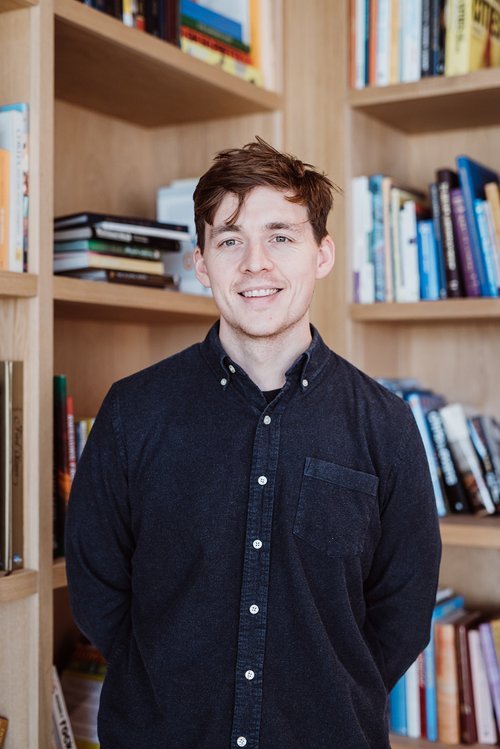COVID-19 and Disinformation
Mapping Conspiracy Theories and Audiences During COVID-19
Michael Urquhart
Michael specialises in partnering with civil society and public sector organisations who value a research-led approach to digital media consultancy. With topics spanning from information manipulation to trust in institutions, his research is driven by a deep understanding of how the media shapes citizen perceptions of the world around them.
RESEARCH PROBLEM
The COVID-19 pandemic saw the mobilisation of various conspiracy theory communites - including anti-vaccination and anti-5G activists - but to what extent was this offline trend reflected on social media following the UK lockdown?
RESEARCH PLAN
Capturing 1.8M tweets and 800K unique user profiles, consultants mapped the broad digital conversation around anti-5G and anti-vaccination hashtags. This allowed us to:
Understand the connections between conspiracy theories
Identify "superspreaders" amplifying disinformation
Uncover the strategies that allow them to penetrate the broader social conversation
RESEARCH PATHWAY
Conspiracy theory communities have mobilised during the pandemic. Following the implementation of UK lockdown measures in March, conspiracy theory communities accelerated their growth until they dominated the organic, benign conversation around 5G and vaccine technology.
This research paper was also published in the November 2021 edition of the Online Social Networks and Media (OSNEM) journal. OSNEM is a peer-reviewed international journal that publishes high-quality scientific papers (both theoretical and experimental) and it is an honour to have our research featured in such a prestigious journal.


